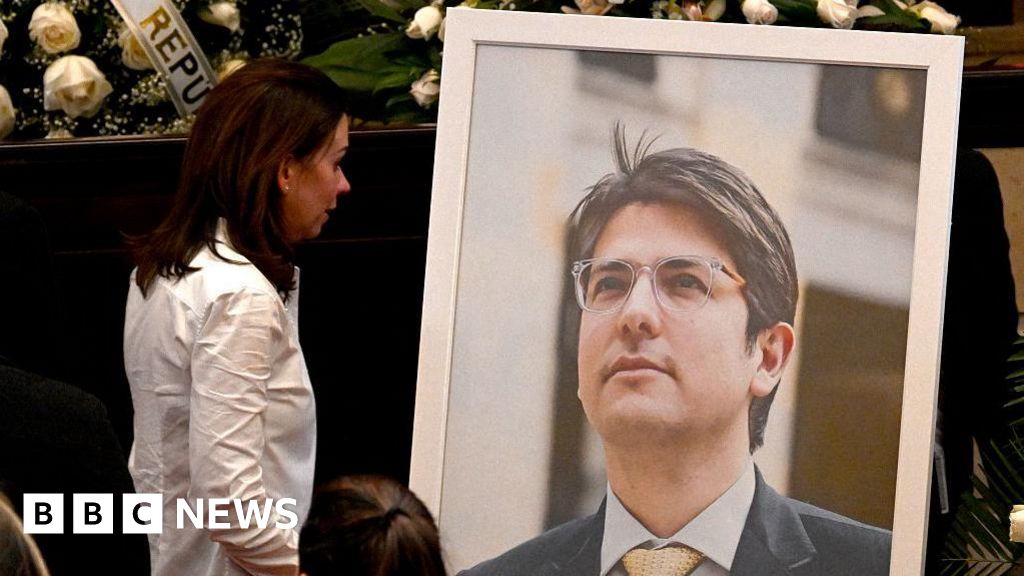As the 16th UN biodiversity summit, COP 16, wraps up in Cali, Colombia, experts voice serious concerns about the sluggish pace of political action to protect Earth's ailing ecosystems. The summit, which brought together representatives from 196 countries, aimed to forge agreements to halt the global decline in biodiversity by 2030. Yet, as leading scientists note, the ambition displayed by politicians remains woefully inadequate to meet the urgency of the crisis.
Despite their obligation to present detailed plans for biodiversity targets, many countries arrived without the necessary frameworks—an oversight that underscores the daunting challenge ahead. While a global fund called the "Cali fund" was established to ensure companies pay for the genetic resources they exploit, the broader context is unsettling. Tom Oliver, a biodiversity professor at the University of Reading, highlighted the cyclical relationship between economic struggles and neglect of nature, warning that until global leaders prioritize ecological health, the situation will only worsen.
The summit stands as a critical moment for reflection on a significant biodiversity deal reached in 2022. Yet according to figures like Nathalie Seddon from the University of Oxford, the overall outlook remains troubling; biodiversity continues to be overshadowed by climate concerns, despite overwhelming scientific consensus on the need for integrated approaches to both crises.
Significant steps have been taken during COP 16, including formal recognition of Indigenous Peoples' role as custodians of nature, ensuring their representation within a newly established, permanent body. However, with time running out and the next summit scheduled for 2026, the urgency for effective solutions cannot be overstated.
Dr. Jane Goodall, a renowned conservationist, has amplified the call to action, stressing that it is not solely the responsibility of governments or corporations to address biodiversity loss. Ultimately, the fate of our natural world hangs in the balance, and a collective, immediate response is vital for future generations.



















